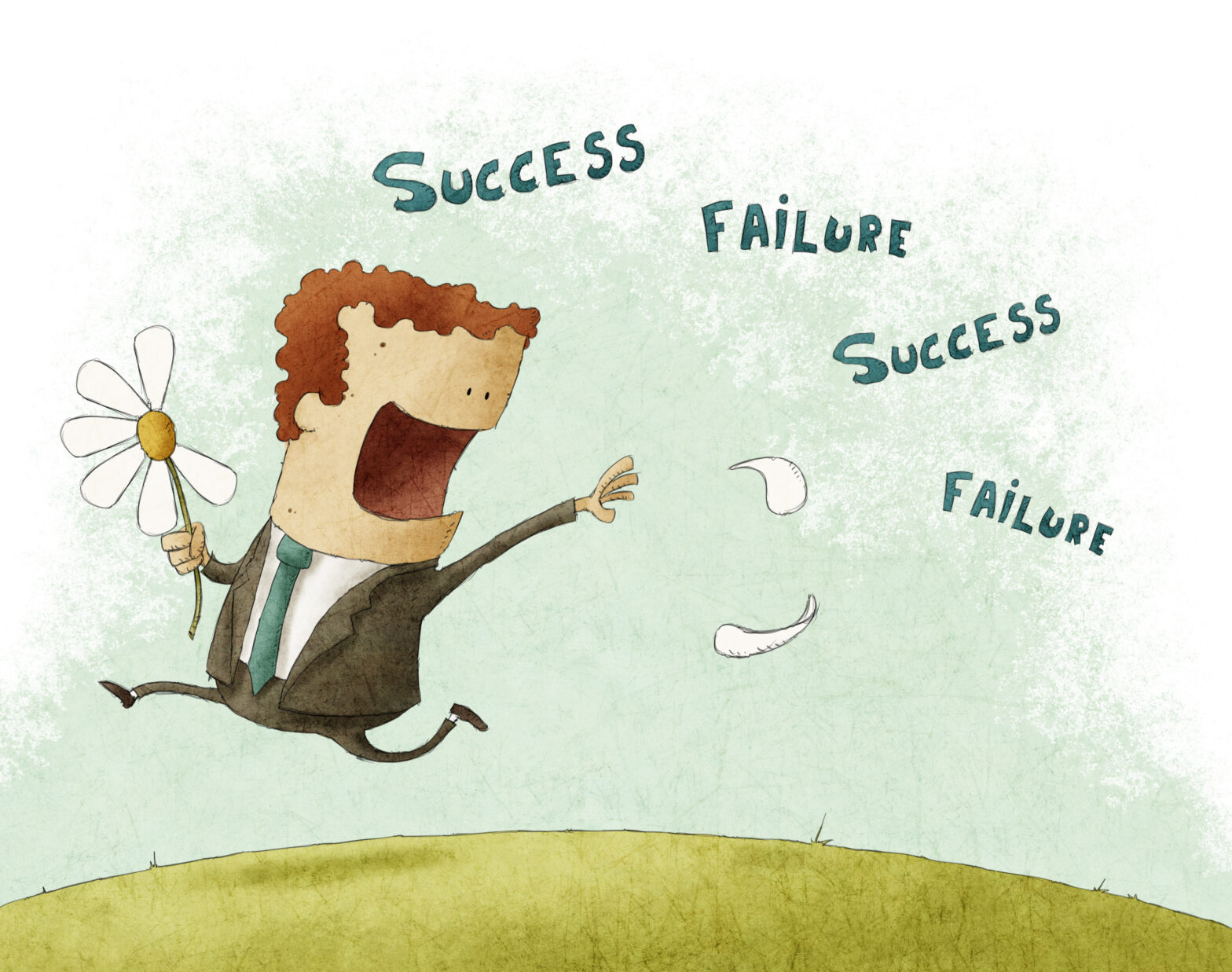When I started out on my own, I resolved that the business wouldn’t inflict a heart attack, nervous breakdown, divorce or bankruptcy on me, as I had seen happen to so many other entrepreneurs. Eleven years later, just before I finally sold the company, I suddenly realised that it was all catching up with me and I was not in great shape.
There had been too many 20-hour days, seven-day weeks, funding rounds, downsizings, and, of course, the adrenalin created by unbelievable highs. Despite my resolution, it had all caught up with me. I survived. We got the business sold. But it took over a year before I was truly my old self again.
So how had this happened?
I thought I knew about stress and had taken sufficient measures to manage it. Well, I didn’t know. The measures I had taken were sensible, but not enough. Some decisions were spot on – I knew the hours were going to be seriously long, so for the whole eleven years building the business I lived within ten minutes walk from work. When the business moved, we moved. The productivity gain was stupendous. And I could always pop back home for the kids’ bathtime or dinner, even if I had to go back later. Of course, these days modern IT can relieve much of this, but the fact remains, a heavy commute to work is a killer.
The second good thing we did was to limit our downside. We downsized our house, releasing cash to start the business, and we didn’t provide personal guarantees beyond a certain amount. This meant if it all went pear-shaped we knew we would still have enough to start again. Knowing you haven’t bet the whole ranch, and having a plan B agreed, lifts an enormous pressure from you when things are getting tricky. The result is you perform much better.
The right amount of funding
But what didn’t work so well? Well, a couple of things can make a huge difference to the pressure level that will bear down on you as you grow the business. One is to be adequately funded for each phase of development. I do not mean overfunded, as that causes other problems. Unfortunately, many VCs will negotiate down the amount of funding you raise. This is not helpful.
They know from their own experience that you only have a 25 per cent chance of hitting your figures at the end of years one and two. Unless you have some really experienced help with your initial fundraising, you will end up taking what you’ve been offered, rather than what you definitely need. So you will need to raise more money, most off the back foot and for the wrong reasons. Very stressful.
The right management and adviser
Secondly, by building a high-powered management and advisory team around you as early as possible, you can completely change the way problems are handled. Either your business could succeed in avoiding them altogether, or it could substantially reduce their duration and impact. I could have improved in both these areas by gathering the right team much earlier.
Also I cannot over-emphasise the importance of a true personal adviser who you respect and can talk to honestly. It doesn’t really matter if they are inside or outside the business, although my preference is for outside, as an insider has problematic conflicts of interest.
Amazingly, building a business is as much a physical as a mental process. It’s a marathon, or several marathons, not a sprint. I got caught out because physically I just drove on and on and on… over a really long period without taking time out. The adrenalin and buzz keep you going. No slap is fatal but each leaves a tiny scar, and when you’ve got a million scars, well… You are the business’ most valuable asset, so you owe it to the business as much as to yourself not to inadvertently wear that asset out.
Recovery time is essential
In the last 18 months before selling I put some personal resolutions in place – a fitness programme, the right amount of sleep, less, not more alcohol, a three-week holiday once a year. The latter allows some proper recuperation, but means you need a decent team to catch the ball. Taking a two-week holiday if you’re still running everything is probably more stressful than taking none.
There’s a huge dash to get all the essentials done before leaving, phone calls finishing it off during the first week, just about wound down by the end of the week, brain starts winding up again in the second week, arrive back to find an enormous pile of actions and discover that nothing has been moved on in your absence. Total nightmare. A few long weekends could be a better idea at this stage.
From my experience and from watching others over the years I have discerned several telltale signs of the man talking a good game, but actually well on the slippery slope – I’ll give you one – a large red spot on the nose or forehead! So PLAN, PLAN, PLAN your business model and working modus operandi in good time so that you have the best chance to enjoy the journey and the upside, without the nasty side-effects.
Peter Williams has raised over £13 million of venture capital for companies in which he has been involved. The first company he founded was listed in the Independent on Sunday 100 as the fastest growing UK private company over the previous five years. He sold the business to Reuters. Peter is now an investor and director of privately-funded, VC-backed and quoted companies and runs a mentoring service for CEOs.






